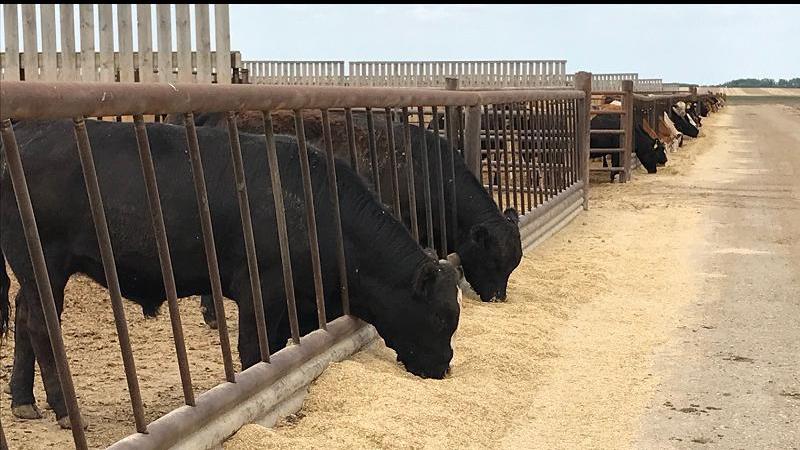
Province provides $10 million in funding for livestock producers
The provincial government will provide $10 million in funding to help livestock producers as they navigate market disruptions caused by the COVID-19 pandemic.
The support will include $5 million for the province’s share of costs associated with the national AgriRecovery set-aside program. The other $5 million will help partially offset an increase in premium costs under the Western Livestock Price Insurance Program (WLPIP).
With the AgriRecovery set-aside program, livestock producers in Saskatchewan will be able to access a total of $12.5 million. The province will fund 40 per cent of the program with the federal government funding the remaining 60.
“Our livestock sector is facing tremendous challenges, with producers facing higher costs to feed animals that cannot move along the supply chain as they normally would,” Agriculture Minister David Marit said. “Participation in the AgriRecovery set-aside program will compensate producers for the cost of temporarily holding cattle back from market until supply more evenly matches demand and processing capacity.”


